Presented here are some photos from the Singhu Border, where thousands of farmers, mostly from the state of Punjab, are camping in the near-freezing north-Indian winter. They have come in their tractors and trolleys, which have been converted into makeshift rooms. Various groups are running community kitchens and serving food served to everyone in the area, regardless of affiliation. The farmers’ food supplies are regularly replenished by their families, organisations and supporters. A stage has been set up, where protestors put on cultural performances and deliver speeches. Public libraries have cropped up to disseminate progressive literature. Free medical centres have been set up. The spirit of the movement is one of hope, solidarity and vigour. The farmers are determined to continue the struggle until the three laws are repealed.
- Farmers demonstrate at the Singhu Border protest camp outside New Delhi on 29 December 2020. Photo: Ranjini Basu

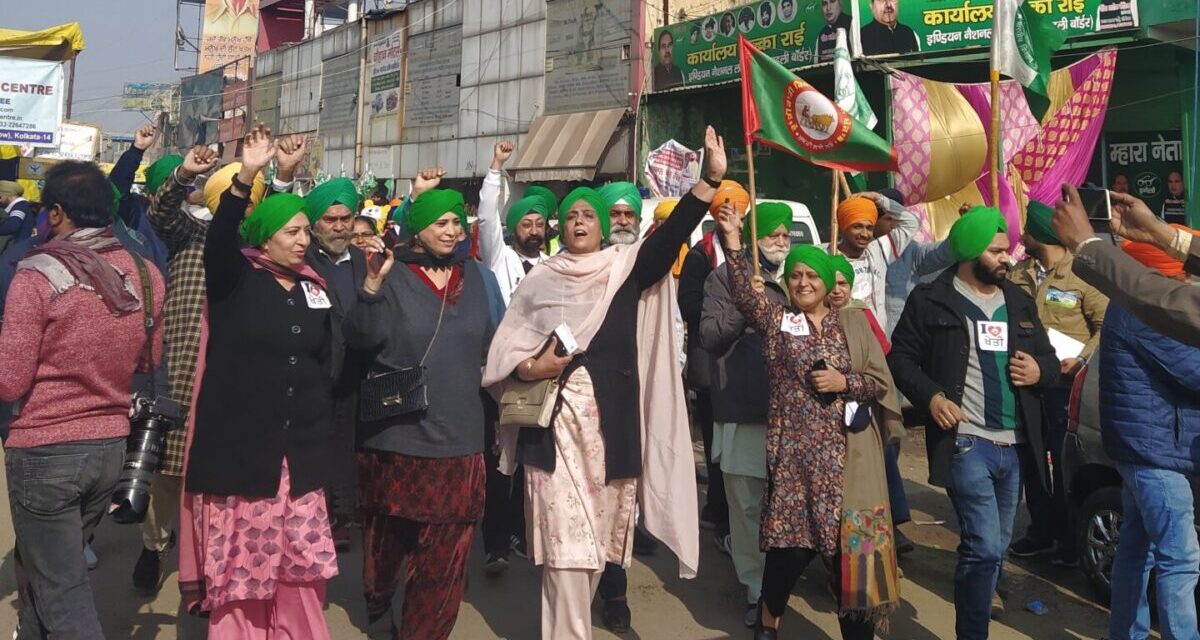
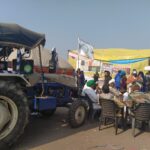

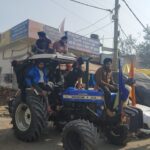
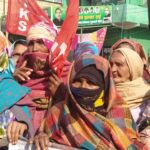
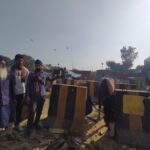

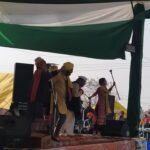
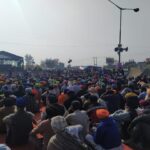
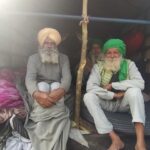

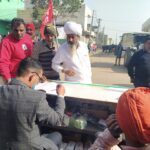
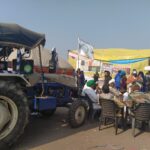
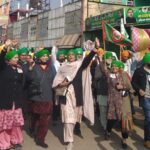
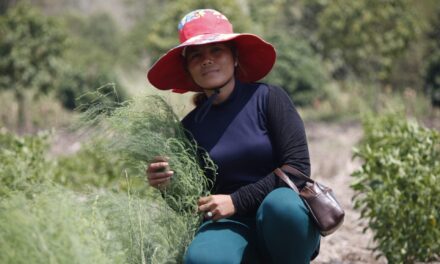



![[IN PHOTOS] In Defense of Human Rights and Dignity Movement (iDEFEND) Mobilization on the fourth State of the Nation Address (SONA) of Ferdinand Marcos, Jr.](https://focusweb.org/wp-content/uploads/2025/07/1-150x150.jpg)



